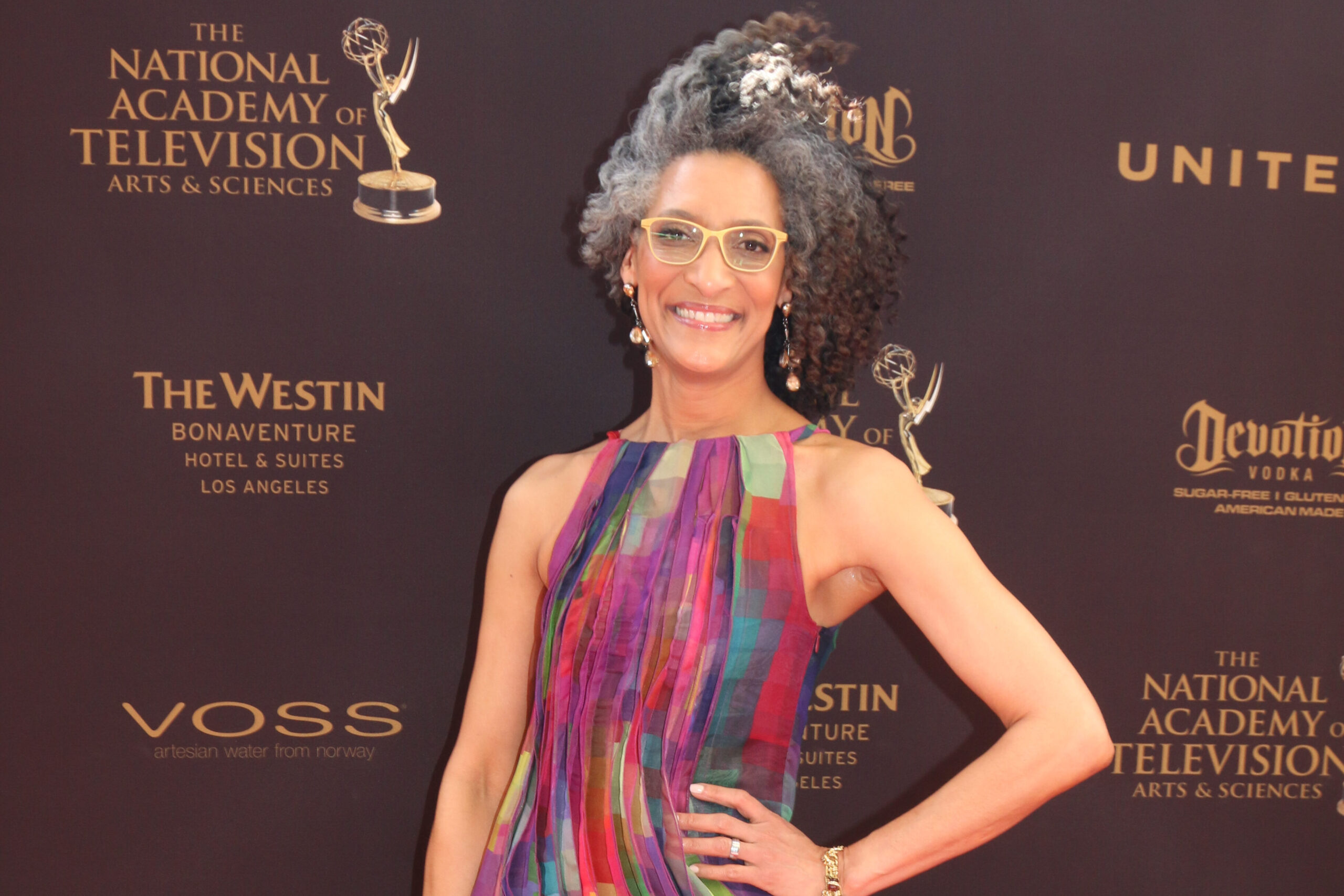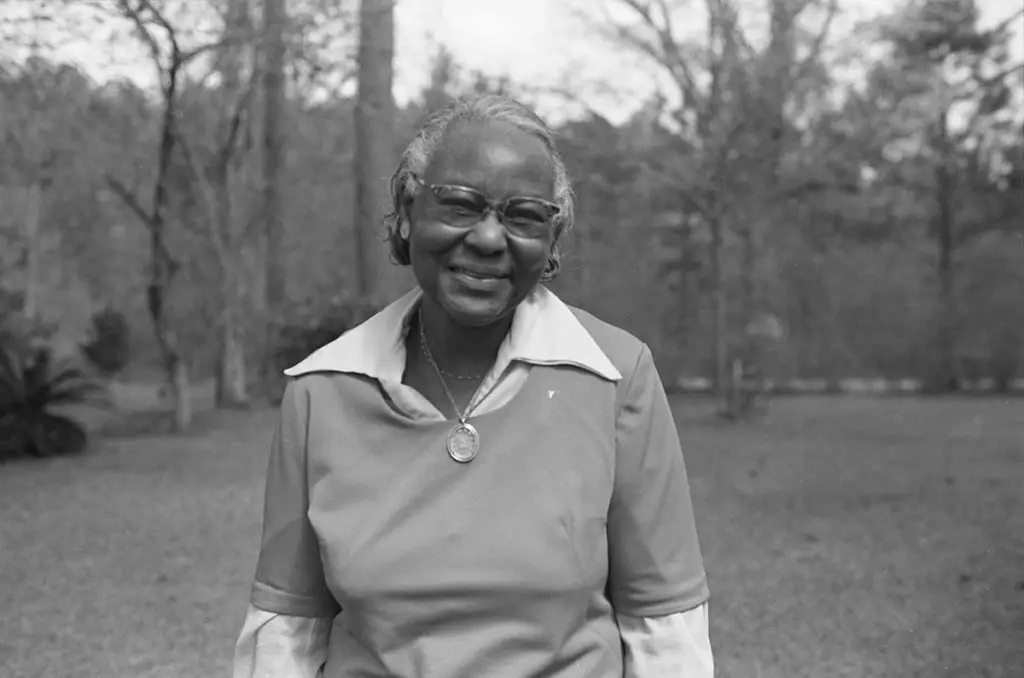1. Leah Chase

Leah Chase wasn’t just a chef—she was a force of nature in the culinary world. Known as the “Queen of Creole Cuisine,” she ran Dooky Chase’s Restaurant in New Orleans, turning it into a cultural and political hub. She fed everyone from local families to U.S. presidents, all while preserving and elevating soul food traditions. Her gumbo and fried chicken became legendary, but her impact went far beyond the kitchen. She used her restaurant to support the Civil Rights Movement, offering a safe space for leaders like Martin Luther King Jr. to meet. Chase believed food could bring people together and spark change, and she proved it every day says Southern Living.
Her dedication to soul food earned her countless awards, but she never lost her warmth and humility. She continued cooking well into her 90s, sharing her love for Creole flavors with the world. Even Disney took note, modeling Tiana’s restaurant in The Princess and the Frog after hers. Today, her legacy lives on through the chefs she mentored and the generations she inspired adds New Orleans Tourism.
2. Carla Hall

Carla Hall became a household name thanks to her infectious energy on Top Chef, but her love for soul food goes way deeper than reality TV. Born in Nashville, she grew up eating classic Southern comfort food before training as a professional chef. Her career took her from haute cuisine to homestyle cooking, where she found her true passion. She’s all about honoring traditional soul food while giving it a fresh, modern twist. Whether it’s through her cookbooks, TV appearances, or restaurants, she’s on a mission to show the world that soul food is more than just heavy, fried dishes—it’s full of history, technique, and love says Parade Magazine.
Beyond the kitchen, Hall has become an ambassador for Black food culture, constantly uplifting the roots of soul food. She’s cooked at the White House, judged on Food Network, and even opened a restaurant specializing in Nashville hot chicken. Her message is clear: soul food is an art form that deserves respect. She keeps the tradition alive while proving it can evolve and still stay true to its roots.
3. Edna Lewis

Edna Lewis grew up in a small Virginia farming community, learning to cook with fresh, seasonal ingredients long before “farm-to-table” was a trend. She brought that philosophy to the mainstream, proving that soul food wasn’t just hearty—it was deeply rooted in tradition and technique. Her 1976 book The Taste of Country Cooking became a game-changer, introducing Southern cuisine to a global audience. She celebrated simple, elegant dishes like skillet cornbread and buttermilk biscuits, showing the beauty in well-prepared, homegrown ingredients shares Virginia Living.
Beyond her recipes, Lewis was a storyteller, weaving history into every dish she cooked. She worked in high-end restaurants, but her heart remained with preserving the legacy of Black Southern cooking. She inspired generations of chefs to take pride in their roots and embrace the heritage of their food. Her influence can still be felt in modern Southern cuisine, where her recipes and philosophy continue to guide new generations.
4. Marcus Samuelsson

Marcus Samuelsson took soul food global by blending it with flavors from around the world. Born in Ethiopia and raised in Sweden, he brought a unique perspective to traditional Black cuisine. After training in top European kitchens, he landed in New York and made a name for himself with dishes that mixed Southern, African, and Caribbean influences. His Harlem restaurant, Red Rooster, became a landmark, serving up dishes like fried yardbird and collard greens with a modern twist shares Eater DC.
Samuelsson isn’t just a chef—he’s a cultural ambassador for soul food. He’s written multiple cookbooks, judged on Top Chef, and even cooked for a White House state dinner. His mission is to keep pushing Black cuisine forward while honoring its deep history. By taking soul food to Michelin-starred restaurants and global stages, he’s ensuring its legacy continues to evolve and inspire.
